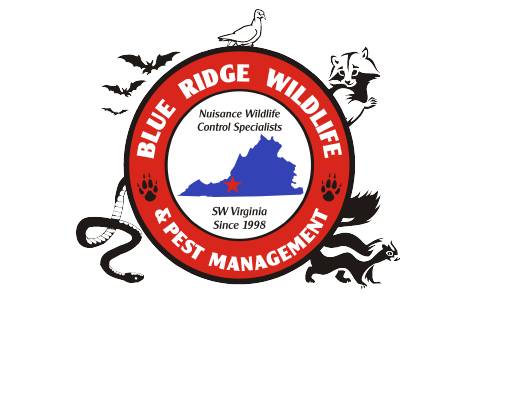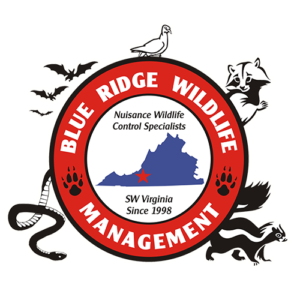Discover the Risks of Raccoon Infestations
Protect Your Home and Health
Raccoons are fascinating creatures with their distinctive black masks and ringed tails, but they can also be a nuisance and a health hazard when they invade your home. They are known to carry a variety of diseases, including rabies, and can cause damage to your property. In this article, we will discuss the risks of raccoon infestations and provide tips on how to prevent them from taking over your home.
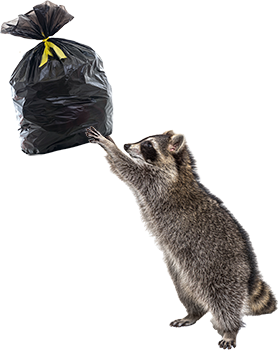
What Are Raccoon Infestations?
Raccoon infestations occur when these animals invade your home or property and establish a den or nesting site. Raccoons are opportunistic animals and will often seek shelter in attics, crawl spaces, chimneys, or sheds. Once they establish a den, they can cause damage to the structure of your home and become a nuisance.
Health Risks of Raccoon Infestations
Raccoons are known to carry a variety of diseases that can be transmitted to humans and pets. Some of the health risks associated with raccoon infestations include
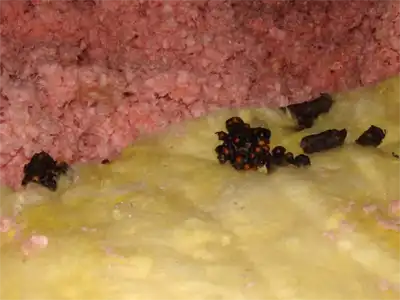
Property Damage Caused by Raccoon Infestations
In addition to the health risks, raccoon infestations can also cause significant damage to your property. Some of the common types of property damage caused by raccoons include
If you notice any of these signs, it’s essential to take action as soon as possible to prevent further damage and health risks.
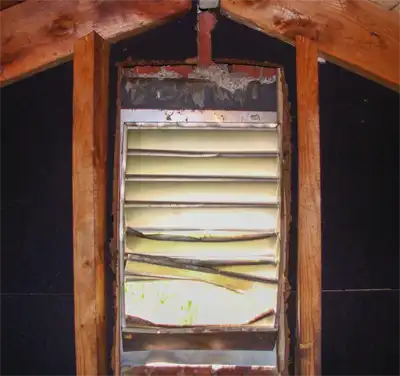
How to Prevent Raccoon Infestations
Preventing raccoon infestations requires a combination of exclusion and habitat modification techniques. Here are some tips to help prevent raccoons from taking over your home
- 1Secure trash cans and compost bins: Raccoons are attracted to food sources, so make sure to secure your trash and compost bins with tight-fitting lids.
- 2Block off entry points: Raccoons can enter your home through small openings, so make sure to seal any potential entry points, such as gaps in your foundation or roof vents.
- 3Keep trees trimmed: Raccoons are excellent climbers, so keep trees trimmed away from your home to prevent them from gaining access to your roof.
- 4Install a chimney cap: Raccoons can climb into chimneys and become trapped, so install a chimney cap to prevent them from entering.
- 5Remove potential den sites: Raccoons are attracted to places where they can establish dens, so remove any potential den sites from your property, such as woodpiles, brush piles, or junk piles
- 6Use repellents: There are a variety of commercial and homemade repellents available that can help deter raccoons from your property. Some common repellents include predator urine, mothballs, or ammonia-soaked rags.

What to Do If You Have a Raccoon Infestation
If you suspect that you have a raccoon infestation in your home, it’s important to take action right away. Here are some steps you can take to deal with a raccoon infestation
- 1Contact a wildlife removal specialist: Raccoons can be dangerous, so it’s best to leave the removal to a professional. A wildlife removal specialist can safely remove the raccoons from your home and relocate them to a more suitable habitat.
- 2Clean up any feces or urine: Raccoon feces and urine can contain harmful bacteria, so it’s important to wear gloves and a mask when cleaning it up. Use a disinfectant solution to clean the affected areas thoroughly.
- 3Repair any damage: Once the raccoons have been removed, repair any damage they may have caused to your property, such as torn insulation or chewed wires.
Conclusion
Raccoons may be cute and curious, but they can also be a serious health hazard and cause damage to your property. By taking steps to prevent raccoon infestations and dealing with them promptly if they occur, you can protect your home and health from these furry invaders. Remember, prevention is key, so take action now to keep raccoons at bay and enjoy a safe and healthy home.
Frequently Asked Questions
It’s not recommended to remove raccoons from your property yourself, as they can be dangerous and may attack if they feel threatened. It’s best to contact a professional wildlife removal specialist.
Yes, raccoons can carry a variety of diseases, including rabies, roundworm, leptospirosis, salmonella, and giardiasis.
Yes, raccoons are excellent climbers and can climb walls, trees, and even drainpipes to gain access to your home.
Signs of a raccoon infestation include loud noises coming from your attic or crawl space, raccoon tracks around your property, or damage to your property.
